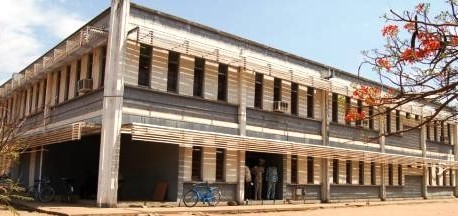The parties to the South Sudanese peace agreement haven’t yet met to select ministerial portfolios for the new power-sharing government, an opposition official said.
Under the terms of the September 2018 peace deal, the previous government must retain 20 ministries, the SPLM-IO will be given nine ministries, the opposition alliance will take three ministries, SPLM-FDs will be given two ministries and other political parties will take one ministry.
The peace deal explains that each of the parties to the peace agreement will nominate a minister on a rotational basis if the parties fail to agree on the allocation of ministerial portfolios.
This means the government chooses the first ministry that it wants, followed by the SPLM-IO which chooses next, then the opposition alliance, and so on.
In an interview with Radio Tamazuj today, SPLM-IO deputy spokesman Manawa Peter said, “The parties to the peace agreement are ready for the step but we haven’t met to select ministerial portfolios.”
He revealed that the SPLM-IO has formed a committee on the selection of states and ministerial portfolios. “The president has already selected one ministry by appointing Mayiik Ayii Deng as minister of presidential affairs. But we are optimistic that we will agree on how to divide up the ministries with the other peace partners,” Manawa said.
“The issue of ministries and states is expected to be finalized later today or tomorrow. The SPLM-IO committee is headed by Deputy Chairman Henry Odwar,” he added.
President Salva Kiir on Friday dissolved the previous government and appointed opposition leader Riek Machar as first vice president, after the two men finally agreed to form the unity government.
James Wani Igga, Taban Deng Gai, Rebecca Nyandeng de Mabior, and Hussein Abdelbagi Akol were also named vice-presidents as part of the transitional government.




